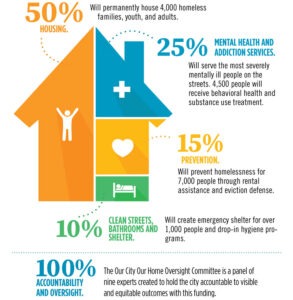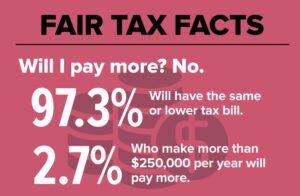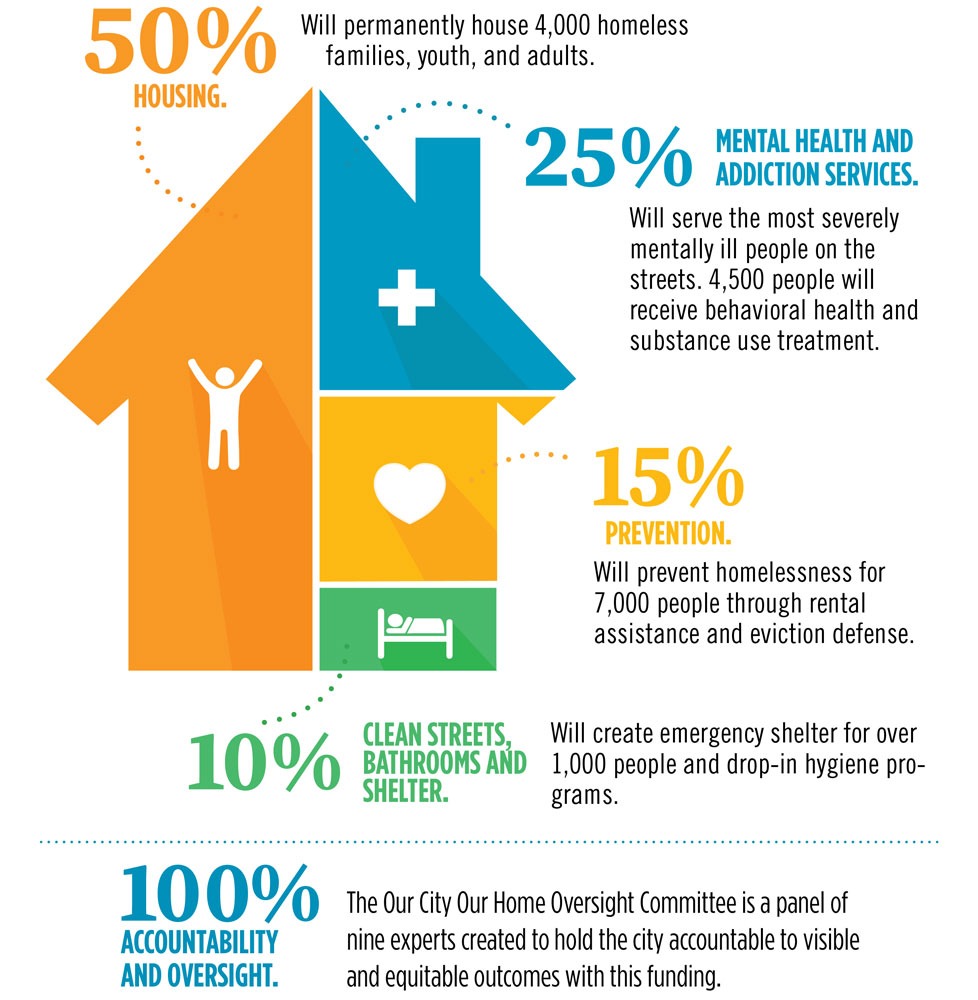September 13, 2011; Source: Businessweek | Remember the Illinois state supreme court decision that stripped the nonprofit Provena hospital system of its eligibility for property tax exemption? NPQ covered the Provena and other Illinois nonprofit hospital cases here and here and here.
In the beginning, the decisions concerning three nonprofit hospitals including Provena were about the nonprofit hospitals’ providing relatively minimal, insufficient levels of charity care. Now the hospitals are saying that the court ruling and subsequent actions by the state are requiring their facilities to be used “exclusively” for charitable purposes, which they say will deprive them not only of property tax exemptions, but qualification for tax exempt bonds.
According to Tracy Bauer of the Midwest Medical Center in Galena, “We’ll go out of business” without the tax break afforded to nonprofits. Perhaps Illinois is a special case, due to the state’s $8 billion in unpaid bills on top of the impact of cuts in Medicaid payments, but the bigger issue at stake is, according to John Colombo, a professor of the University of Illinois College of Law in Urbana-Champaign, is how “to deal with tax-exempt property in general and what tax breaks contribute to the community.” A spokesperson for the Illinois Municipal League confirmed where taxing entities stand in no uncertain terms: “In a perfect world, everybody ought to pay property taxes.” “Hospitals aren’t poorhouses anymore,” Colombo added. “Just because they were exempt in 1900 doesn’t mean they should be exempt in 2011. The world is different.”
Sign up for our free newsletters
Subscribe to NPQ's newsletters to have our top stories delivered directly to your inbox.
By signing up, you agree to our privacy policy and terms of use, and to receive messages from NPQ and our partners.
In Illinois, hospitals took an unusual approach to demonstrating their community benefit, suggesting that they, unlike other sectors generate employment during this recession. “Hospitals are the one sector still creating jobs,” one hospital spokesperson said. “Do you want to jeopardize that?” That seems like a dangerous road to pursue, especially if and when the recession ends and other industrial sectors begin to generate the jobs they should. It also invites municipalities and the state to say, perhaps, that job-generating nonprofits like hospitals merit the tax exemption, but what about those nonprofits that might be small employers and not growing their payrolls?
Perhaps nonprofit hospitals might bolster their arguments by looking at the charity care needs of their communities—as they are supposed to under national health insurance reform—and ginning up responses to the people in their communities who are least likely to be well served in the new national health care regime.—Rick Cohen













